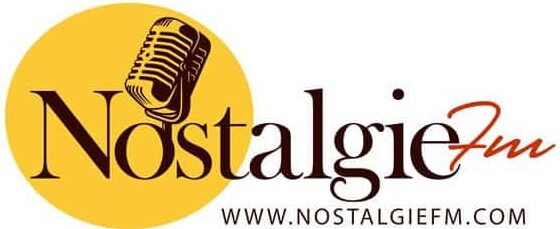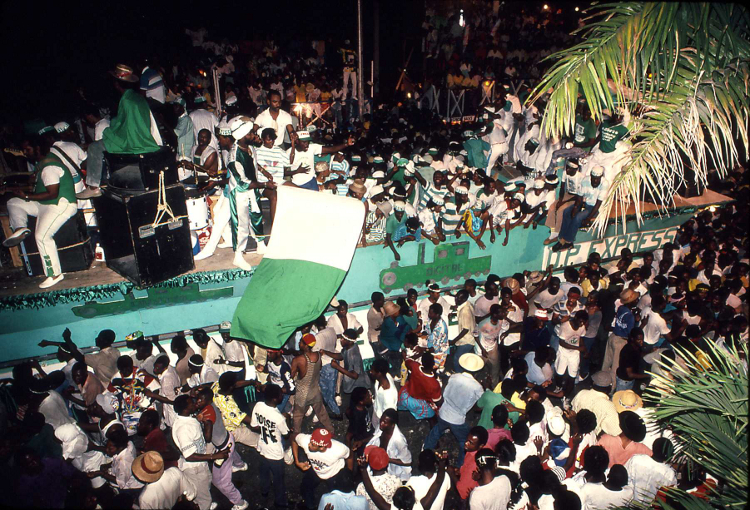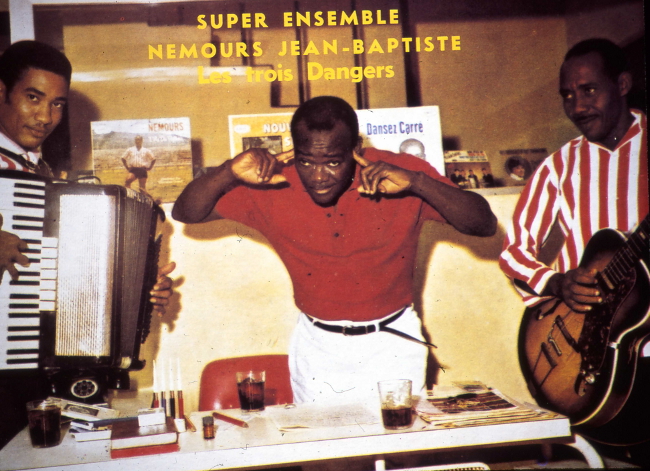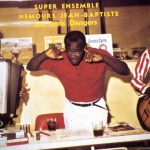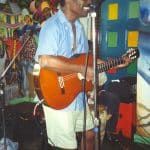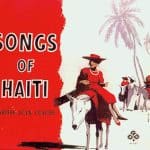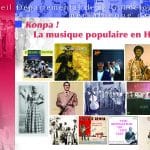Herman Nau, a native of Les Cayes, former Minister of Youth, Sports and Civic Education, one of the founding fathers of the legendary Tabou Combo, died on Sunday, July 25, 2021, in the United States.
By Claude Bernard Sérant
The New Yorker
Herman Nau, a native of Les Cayes, former Minister of Youth, Sports and Civic Education, one of the founding fathers of the legendary Tabou Combo, died on Sunday, July 25, 2021, in the United States. Nau, this multi-instrumentalist who had taken his first steps in music with his big brother by playing the accordion under the beautiful sky of the southern metropolis, passed away at the Methodist Hospital in Brooklyn following a stroke that had put him into a coma. The Tabou Combo family, the community of fans of this great musician who had aroused admiration wherever he had played, are struck by this disappearance in the musical landscape.
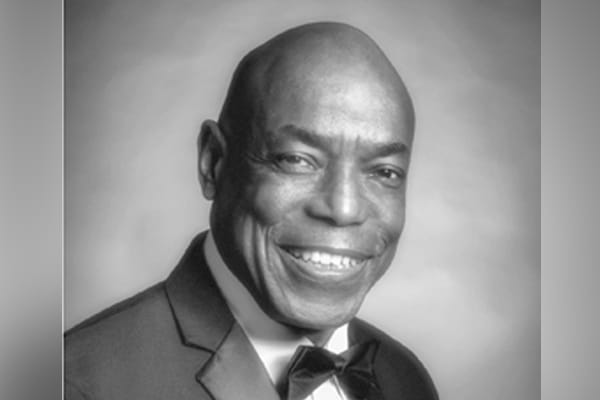
Herman Nau
Musician Fabrice Rouzier wrote on Twitter: “Dear Herman. An honor for me to have shared good moments in music with you. Go towards the light my friend. Condolences to Ruddy, Huschai, Bendji and my big family of Tabou Combo Superstars.”
From shadow to light
Co-founder of Tabou combo with Albert Chancy, this group that led the compas on five continents, Nau had the sacred fire. His musical genius has permeated the ensemble since the beginning of the adventure in 1966, in Pétion-Ville. Since talent calls for talent, very quickly Nau and Chancy would see musicians in the prime of life gather around them. Some were not even twenty years old: Michelot Benjamin, Bob Sampeur, Raynold Duverglas, Jean Bernard Dorga, Claude Jean, Aliscar William.
Since they were unknown, Nau and Chancy’s band pushed their humility to call their mini-jazz “Los Incognitos”. When in 1967 these illustrious unknowns won the Haitian radio music competition, they adopted another posture and renamed the group Tabou combo. Since then, they have flown away on the wings of success.
Any success is intoxicating and makes you lose your head. With Herman Nau, discipline was established. There was no drinking in the Tabou combo Superstar group before or during the performance on stage. Nau led the group like a father. Such an attitude sometimes irritated the sensibilities of some and others. It is not the children of the Tabou seraglio: Yvon André (Kapi), Jean-Claude Jean, Yves Joseph (Fanfan Ti Bòt), Roger M. Eugène (Shoubou) who have been there since the 60s who will say otherwise. Tabou has stood the test of time thanks to the discipline of the group. Thanks to the leadership of the elders, the group has not been shattered. Even after a break in 1970, the dream still burned in Herman Nau’s soul. Indeed, he reformatted the group with Jean-Claude Jean, Raymond Kapi and called on the charismatic Dadou Pasquet.
It should be noted in passing that Dadou left the Nau Band to create the Magnum Band, the only difference. The journey of Tabou Combo Superstar has not been a long, quiet river. However, the result is there.
Tabou, in its heritage, is full of albums that set the powder alight: Haiti/Yapatia (1969), Respect (1973), 8th Sacrement (1974), The Masters (1975), Indestructible (1976), L’an 10 (1977), The music machin (1978), Voye monte (1979), Bese Ba (1980), Et alors (1981), Boléro Jouk Li Jou (1981), Min Sirop (1983), Allo Allo (1984), Incident (1986), Kite M Fè Zafè M (1987), Aux Antilles (1988), Zap Zap (1991), Go Tabou (1992), Rasanble (1994), Référence 1996, Sans Limites (2000), Préjugé (2001), Taboulogie (2005), Konpa To The World (2010).
Nau, the legendary drummer of Tabou has come a long way in life. In 2000, under the Aristide-Neptune administration, he was Minister of Youth, Sports and Civic Education. It all started in Les Cayes, passing through Pétion-Ville where he found a hotbed of talent. It was in this city that he fell in love with the drums, an instrument that he handled brilliantly alongside the trumpet.
Fans of the ambassador of the compass will always remember Herman Nau’s zero ball. Sweat is streaming down his entire body. He is drenched in sweat. A large towel is laid out to soak him up. Nau’s musical signature is audible on a drum kit equipped with several paraphernalia. Nau makes the percussion instrument speak. He makes it sing. It rolls, tinkles and explodes into metallic timbres. Using sticks and pedals, he gives the instrument its inner color, its rhythm, its sound that fills Tabou with sacred pleasures. “Yes. It’s Tabou.” No, we will never forget you Herman Nau.
By Claude Bernard Sérant
The New Yorker
